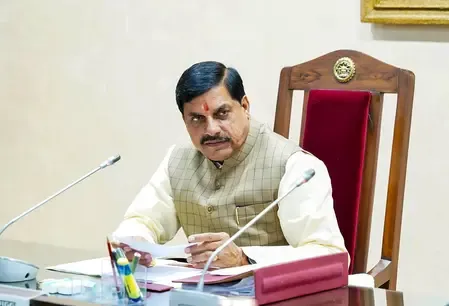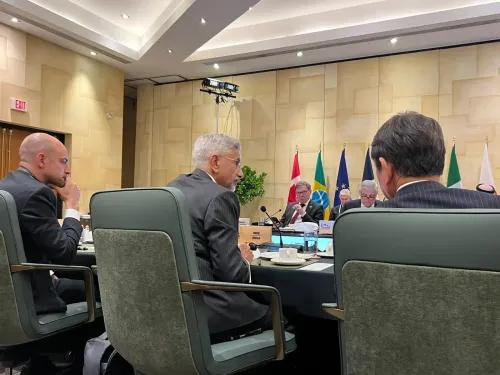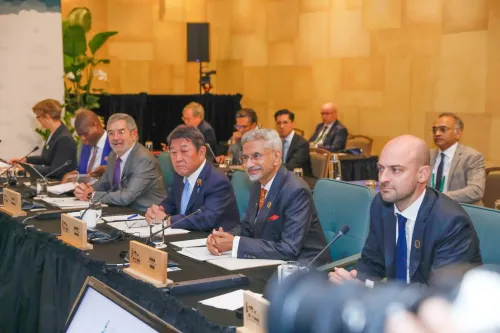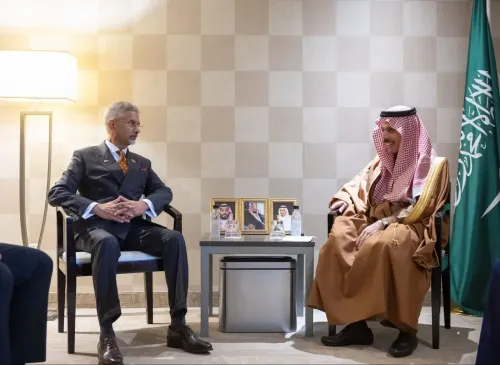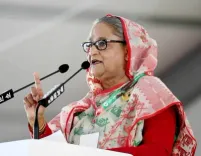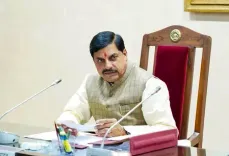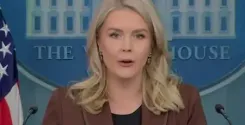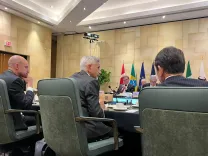Will Pakistan Be Brought to Its Knees?
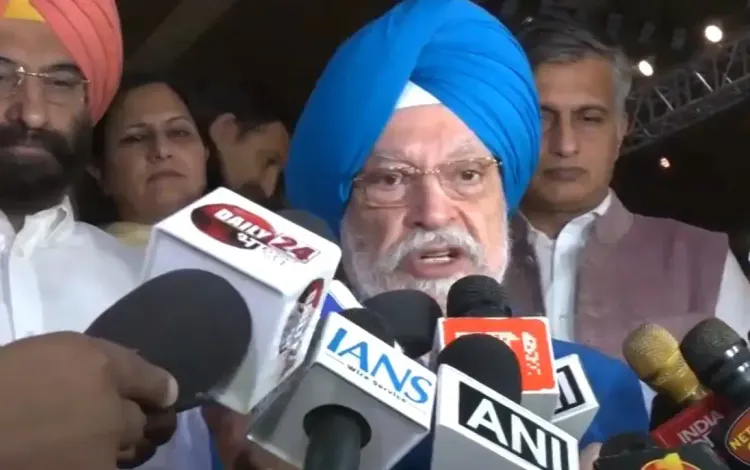
Synopsis
Key Takeaways
- Hardeep Singh Puri highlights Pakistan's use of terrorism.
- India is committed to a no-compromise approach on terrorism.
- Suspension of the Indus Waters Treaty marks a significant shift in policy.
- The Modi government is determined to protect national interests.
- Public sentiment strongly supports government actions against terrorism.
New Delhi, April 28 (NationPress) Following the tragic Pahalgam killings, Union Minister Hardeep Singh Puri on Monday accused Pakistan of employing terror as a "tool of state policy," reaffirming the Modi government's steadfast commitment to make "them kneel." During a Delhi government event, and in subsequent remarks to reporters, Puri criticized Pakistan for its terrorist actions against India, emphasizing that it will be made to succumb—this remark was in response to India's suspension of the Indus Waters Treaty.
"This is not merely PM Modi's determination; it reflects the sentiments of all 1.4 billion Indians. There will be no concessions regarding terrorism this time around," he stated, referring to the national outrage following the murder of 26 individuals by Pakistan-supported terrorists in Jammu and Kashmir's Pahalgam on April 22.
"Terrorism is being wielded as a state policy," he asserted, contrasting India's advancements under PM Modi with the circumstances in the neighboring nation.
Praising the Modi administration for its robust approach towards Pakistan, the Union Minister remarked that previous governments displayed temporary outrage following terror incidents but soon returned to dialogue with Pakistan.
"This will not be tolerated any longer. There will be no concessions regarding terrorism," he affirmed, adding, "We possess a strong and experienced government that will undertake the most appropriate measures concerning the Pahalgam incident."
He dismissed claims from Pakistani leaders and media regarding severe repercussions from India's decision to suspend the Indus Waters Treaty, stating, "Such consequences will not materialize… They will be brought to their knees."
Addressing criticisms of India's decision to halt the Indus Waters Treaty, he emphasized that suspending a treaty between two sovereign nations is not unreasonable.
"The context in 1960, when it was ratified, was entirely different... If one nation launches an attack against another, should the latter continue to provide advantages?" he questioned.

